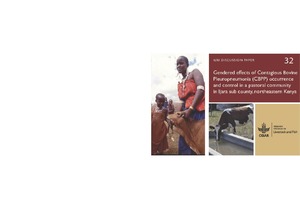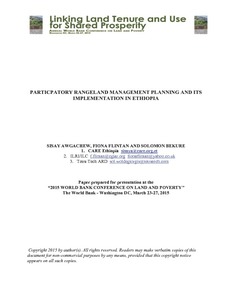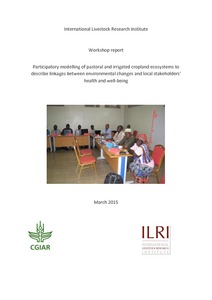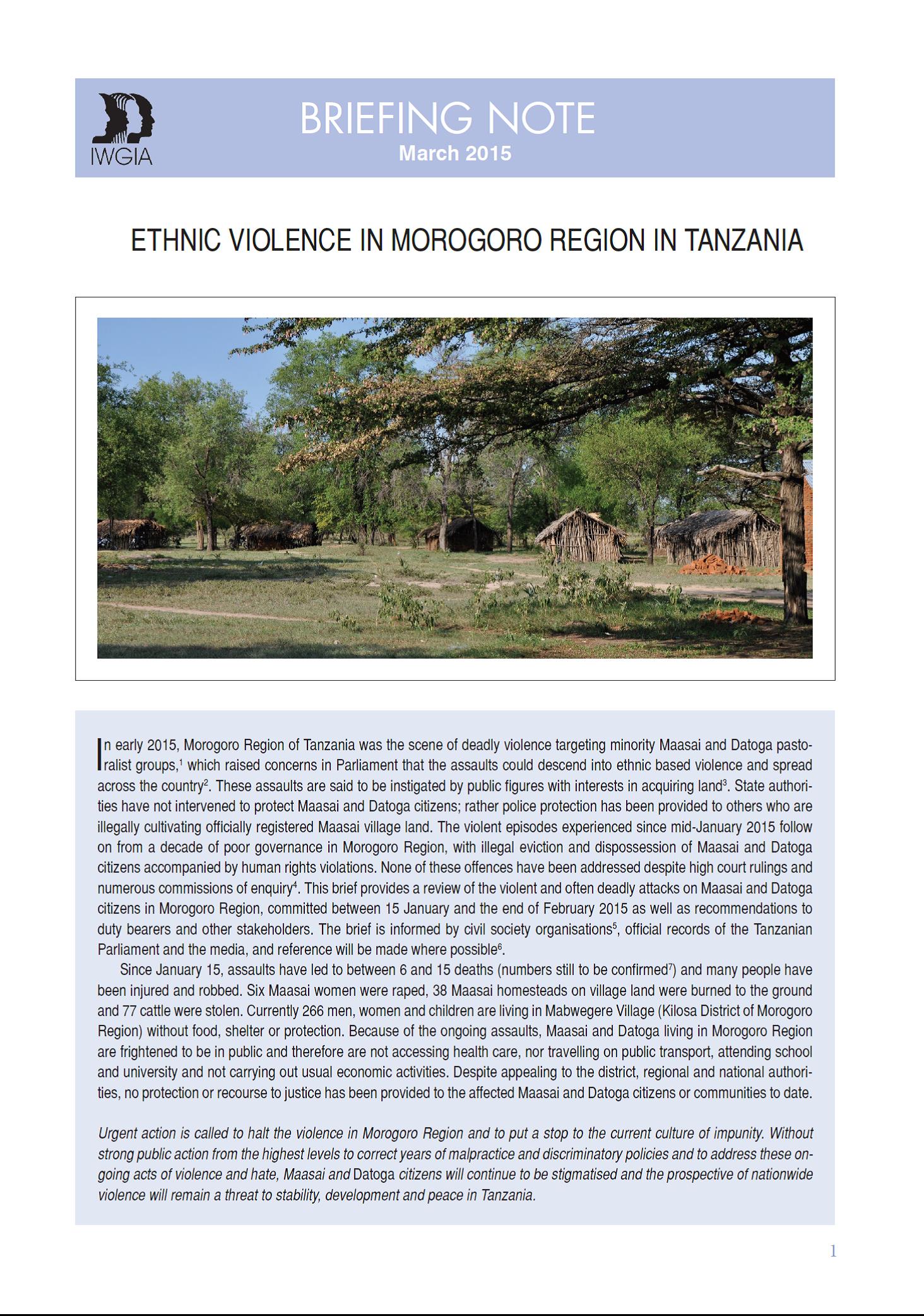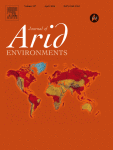WASTED LIVES: A Critical Analysis of China’s Campaign to End Tibetan Pastoral Lifeways
This report is an extended analytical essay, on the perverse outcomes of statist interventions into customary land management practices over a huge area that has been managed sustainably and productively by Tibetan pastoralists for 9000 years. Building on the many reports on sedentarisation, and removal of pastoral nomads from their pastures, this report takes a wider perspective, seeking to understand how the current collapse of the pastoral mode of production came about, and what the future prospects are for the depopulating pastoral landscapes of the Tibetan Plateau.



